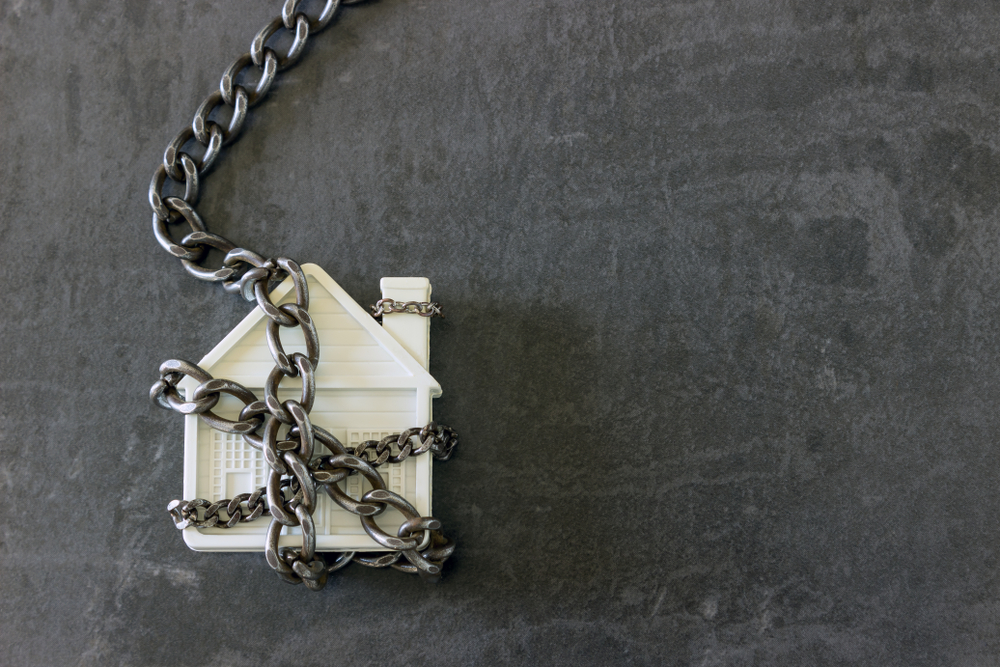Mortgages
Homeowner and buy-to-let repossessions on the rise

Repossessions for those with buy-to-let and homeowner mortgages are on the rise, figures reveal.
According to the latest figures from UK Finance, 700 homeowner-mortgaged properties were repossessed in Q3 2022, up by 15% on the previous quarter and 20% up from Q1.
Meanwhile, 390 buy-to-let-mortgaged properties were taken into possession, which is 11% more than in the previous quarter. It also an increase on the 370 buy-to-let mortgaged properties in Q1.
Govt figures tell a bleaker story still
Government figures released today were even more stark on the rise in repossessions.
According to the figures from the Ministry of Justice, compared to the same quarter in 2021, mortgage possession claims increased from 2,832 to 3,680 (30%), orders from 1,229 to 2,491 (103%), warrants from 947 to 2,437 (157%) and repossessions by county court bailiffs increased from 390 to 744 (91%). These figures are between 50% to 60% of pre-covid baselines.
The pattern is repeated for landlord possession actions. When compared to the same quarter in 2021, landlord possession claims increased from 10,202 to 21,012 (106%), orders from 5,601 to 15,352 (174%), warrants from 4,552 to 8,505 (87%) and repossessions from 4,891 to 5,403 (10%).
Three ways to deal with mortgage stress
Karen Noye, mortgage expert at Quilter, said: “In the face of the cost-of-living crisis sadly the numbers of repossessions is starting to climb. Historically, periods of high interest rates has coincided with an uptick in the number of repossessions due to people’s monthly payments increasing to levels they can no longer pay.
“With high energy and food prices some people will start to struggle to heat their homes, eat and service their mortgage and this will lead to repossession.”
Noye highlighted three tips for those struggling with mortgage payments:
1. Don’t bury your head in the sand
“Lenders will normally write to you within 15 days of a missed payment but if you are struggling with your bill, it is crucial that you talk to your lender before they contact you.
Burying your head in the sand will only make things worse. Mortgage debt is what is described as a priority debt and as the name implies should be prioritised above most other types of debt you have.”
2. Work out what you can afford to pay back
“Before picking up the phone to your lender take some time to work out exactly how much you can afford to pay back each month. There are budgeting tools available online or you could speak to a debt charity or Citizens Advice.
“If you have sought help, do let your lender know as showing that you have looked at ways of paying back your debt shows your serious about it and can help avoid repossession orders down the line.”
3. Discuss ways of making payments
“Lenders have a duty to act fairly with customers who are having difficulties and having a frank conversation with your lender can help them find a way for you to avoid the problem spiralling out of control.
“Lenders might be able to put you on a payment plan based on what you can afford to pay back and this could mean extending your mortgage term or if your home is worth more than the mortgage, you might be able to add your arrears to the total amount you owe and pay it back over the lifetime of the mortgage.
“Seeking advice before opting for any plan is worthwhile as some plans may end up with you paying much more interest over the lifetime of your mortgage.”